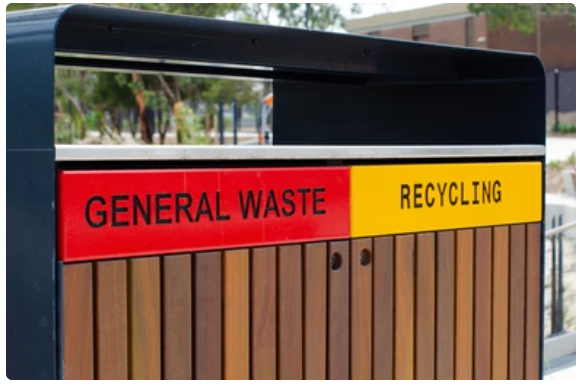In a landmark decision, Australia's federal and state governments have come together to impose mandatory packaging rules on manufacturers and retailers.
This move comes after years of voluntary efforts by the industry, which have proven ineffective in reducing waste. Conservationists have welcomed this historic agreement, seeing it as a significant step forward in addressing the waste crisis.
Commitment to a circular economy and strict government rules
The environment ministers' meeting in Sydney on 9 June resulted in a communique outlining the new regulatory scheme. The goal is to transition the country towards a circular economy that minimises waste and maximises resource recovery.
Under the agreement, packaging design will be subject to compulsory rules based on international best practices. The scheme also promises to regulate harmful chemicals and contaminants.
A roadmap for harmonising kerbside waste collection across the country will be developed to streamline waste collection. Furthermore, a framework for recycled content traceability will be introduced to encourage businesses to use recycled materials.
Insufficient voluntary efforts and the need for regulation
According to the federal environment minister Tanya Plibersek, voluntary actions taken by some industry players have fallen short of what is necessary.
An official review revealed that Australia only recycles 18% of plastic packaging, far below the 2025 target of 70%. Plibersek emphasised the urgent need to reduce packaging waste and harmful chemicals, which are causing immense environmental damage.
Major companies such as Nestlé, Unilever and Coca-Cola have expressed their support for regulation in addressing this pressing issue.
A positive response from environmental groups
The Boomerang Alliance, a coalition of 55 environment groups, hails the agreement as a substantial and meaningful step after two decades of inaction on waste.
They view this as the right decision to tackle the growing waste and plastic pollution crisis that harms the oceans and climate. Jeff Angel, the alliance's director, emphasised the importance of mandatory standards for recycled content and targets as they incentivise the establishment of new recycling and reprocessing plants.
In addition, rules to minimise wasteful packaging will contribute to combating the projected plastic waste and pollution tidal wave highlighted by the UN.
Ensuring industry responsibility and avoiding past mistakes
According to Angel, the agreement must be followed by a comprehensive product stewardship scheme. This scheme would hold the industry accountable by requiring them to fund collection and recycling programmes.
Lessons should be learned from the failed REDcycle scheme, in which 12,000t of soft plastics collected at supermarkets were stockpiled instead of being recycled.
Australia previously exported a significant portion of its recyclable waste, but a ban on waste exports was announced in 2019. While funding for recycling facilities has been announced, the introduction of mandatory rules ensures the viability of these efforts.
Global efforts to combat plastic pollution
The decision to impose recycling rules in Australia aligns with the global movement to reduce plastic usage. Minister Tanya Plibersek participated in negotiations in Paris for a proposed global plastics treaty.
The Waste Management and Resource Recovery Association, representing companies involved in waste and recycling, commended the agreement. They believe that this decision will finally lead to concrete action being taken on packaging.
The World Wide Fund for Nature-Australia acknowledges the significant impact this agreement will have on addressing Australia's plastic pollution crisis.









